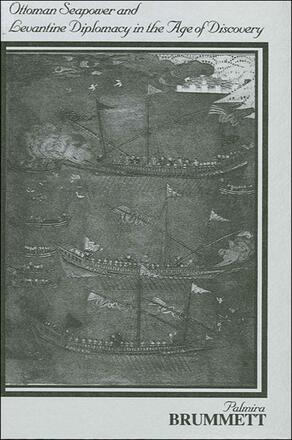
Ottoman Seapower and Levantine Diplomacy in the Age of Discovery
Alternative formats available from:
Description
This work reframes sixteenth-century history , incorporating the Ottoman empire more thoroughly into European, Asian and world history. It analyzes the Ottoman Empire's expansion eastward in the contexts of claims to universal sovereignty, Levantine power politics, and the struggle for control of the oriental trade. Challenging the notion that the sixteenth-century Ottoman Empire was merely a reactive economic entity driven by the impulse to territorial conquest, Brummett portrays it as inheritor of Euro-Asian trading networks and participant in the contest for commercial hegemony from Genoa and Venice to the Indian Ocean. Brummett shows that the development of seapower was crucial to this endeavor, enabling the Ottomans to subordinate both Venice and the Mamluk kingdom to dependency relationships and providing the Ottoman ruling class access to commercial investment and wealth.
Palmira Brummett is Professor in the Department of History at the University of Tennessee.
Reviews
Brummett has a clear-sighted view of the Euro-Asian commercial continuum, and is successful in drawing the Ottoman experience into western historiography. She is especially convincing on the Ottomans as a seaborne empire among rivals, a refreshing antidote to the general histories on the period which are generally dismissive about mercantilism in the empire. This is a well-crafted and very readable narrative." — Virginia H. Aksan, McMaster University
"Brummett answers questions that have been in the field for a long time, and raises others not yet conceived. She thoroughly revises current European historiography on the nature of the Ottoman Empire and the whole international scene during a crucial period of transition." — Linda T. Darling, University of Arizona